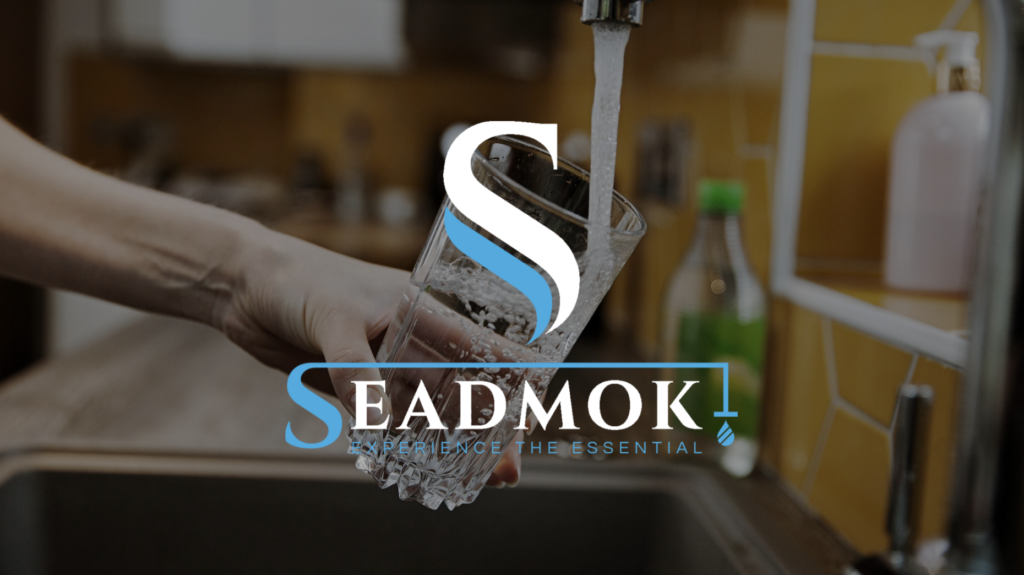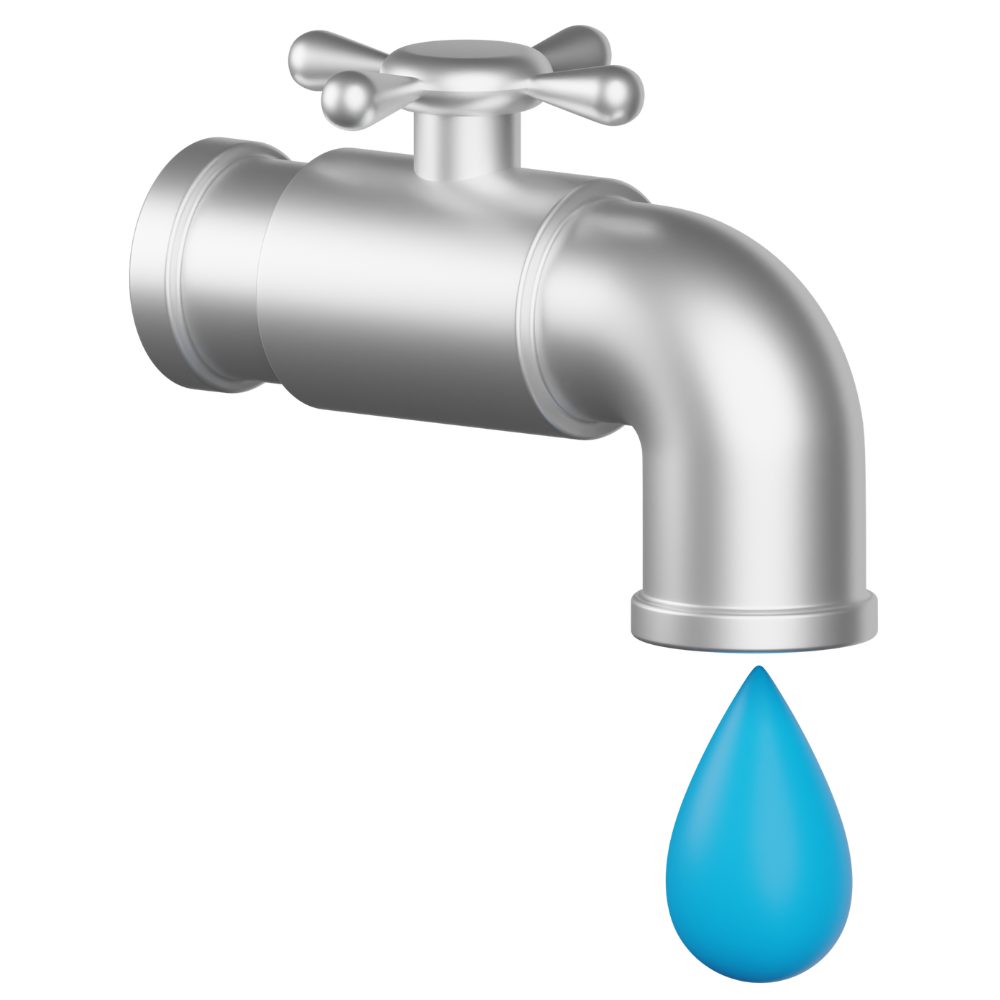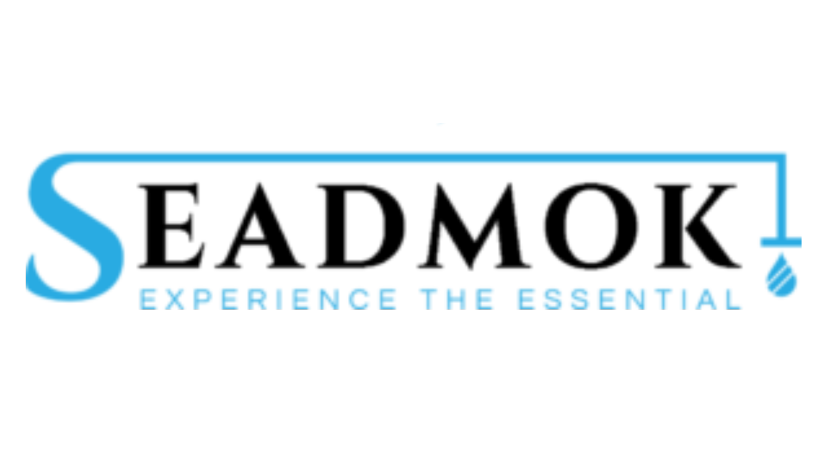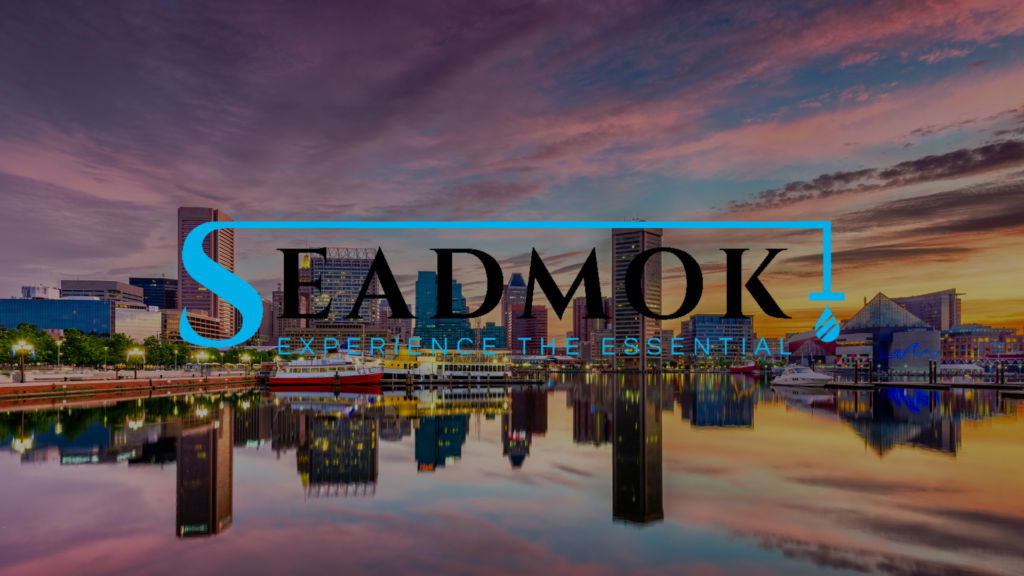
How to Determine Safe Drinking Water in Baltimore
Understanding Safe Drinking Water in Baltimore
Access to clean, safe drinking water is essential for public health and well-being. While Baltimore boasts a reliable public water system, historical and ongoing concerns about water quality necessitate vigilance from residents. This guide empowers you to understand Baltimore's water landscape, assess its quality, and take steps to ensure safe consumption.

Have Questions About Clean Drinking Water?
Seadmok serves Greater Baltimore & Washington D.C.
Let’s Get Started
Historical Water Quality Issues in Baltimore
Baltimore's waterways have faced pollution challenges for decades. The Baltimore Harbor and its tributaries consistently receive failing grades in annual reports by organizations like Blue Water Baltimore. These reports often cite pollution caused by generations of industrial activity, leaks from aging infrastructure, and stormwater runoff. While these issues don't directly affect the city's treated drinking water supply, they highlight the importance of ongoing monitoring and resident awareness regarding drinking water quality.
Recognizing Signs of Contaminated Water
Even if a water source meets general safety standards, occasional contamination can occur. Here's how to identify potential issues:
- Visual and Sensory Indicators: Discolored water (brown, yellow, or red), cloudiness, unpleasant odors (chlorine or metallic), or an oily film on the surface can be signs of contamination.
- Common Health Symptoms: Gastrointestinal issues like diarrhea, vomiting, or stomach cramps can sometimes be linked to waterborne illnesses. If you experience these symptoms after consuming water, particularly following a boil water advisory, consult a healthcare professional immediately.
Immediate Steps to Take
If you suspect contaminated water, take these steps promptly:
- Contacting Baltimore Water Authorities: Notify the DPW immediately to report any concerns. They can investigate the source of the problem and advise on further action. The DPW may also issue a boil water advisory if widespread contamination is suspected.
- Professional Water Testing Services: Consider hiring a certified water testing company for a more comprehensive analysis. This can pinpoint specific contaminants and recommend appropriate treatment solutions. Look for companies certified by organizations like the American Council for Testing and Materials (ASTM) or the National Environmental Laboratory Accreditation Conference (NELAC).
Methods to Ensure Water Safety
Now that you're equipped to assess Baltimore's water quality and identify potential issues let's explore methods to ensure the safety of your drinking water:
- Boiling Water: In rare instances where a boil water advisory is issued, follow the DPW's instructions for thoroughly boiling water for at least one minute before consumption. Boiling kills harmful bacteria and parasites that may be present in the water.
- Recommended Water Filters: While not a substitute for proper water treatment by the city, National Sanitation Foundation (NSF)-certified water filters can remove specific contaminants like lead, chlorine, or certain bacteria. However, it is essential to choose the right filter for your needs and maintain it correctly according to the manufacturer's instructions.
How to Connect to Public Water in Baltimore, Maryland
Safe drinking water is essential for preventing waterborne diseases, and a reliable water supply is necessary for fire protection, businesses, and industry.
Seadmok Water's Role
While Seadmok Water focuses on water and sewer infrastructure and connections, not water treatment itself, their expertise can be valuable in ensuring safe drinking water indirectly:
- Services for Water Quality Testing: Seadmok can connect you with reputable water testing companies to analyze your water source. We can also advise on the types of tests most relevant to your concerns, helping you choose the right option for your needs.
- Assistance for Baltimore Residents: Seadmok offers water service line installation and repair expertise. A properly functioning water service line minimizes the risk of contamination from external sources entering your home's plumbing system. We can also ensure proper backflow prevention measures are in place to prevent contaminated water from flowing back into the city's water supply.

Conclusion
Understanding Baltimore's water quality landscape empowers you to make informed decisions about your drinking water. Utilizing the resources provided, you can identify potential issues, take necessary precautions, and work with Seadmok Water and the DPW to ensure a safe and healthy water supply for Baltimore residents. Remember, vigilance and proactive steps are essential. Through collaboration and responsible actions, we can all contribute to a future where clean, safe drinking water is a guarantee, not a concern, for Baltimore's communities.

